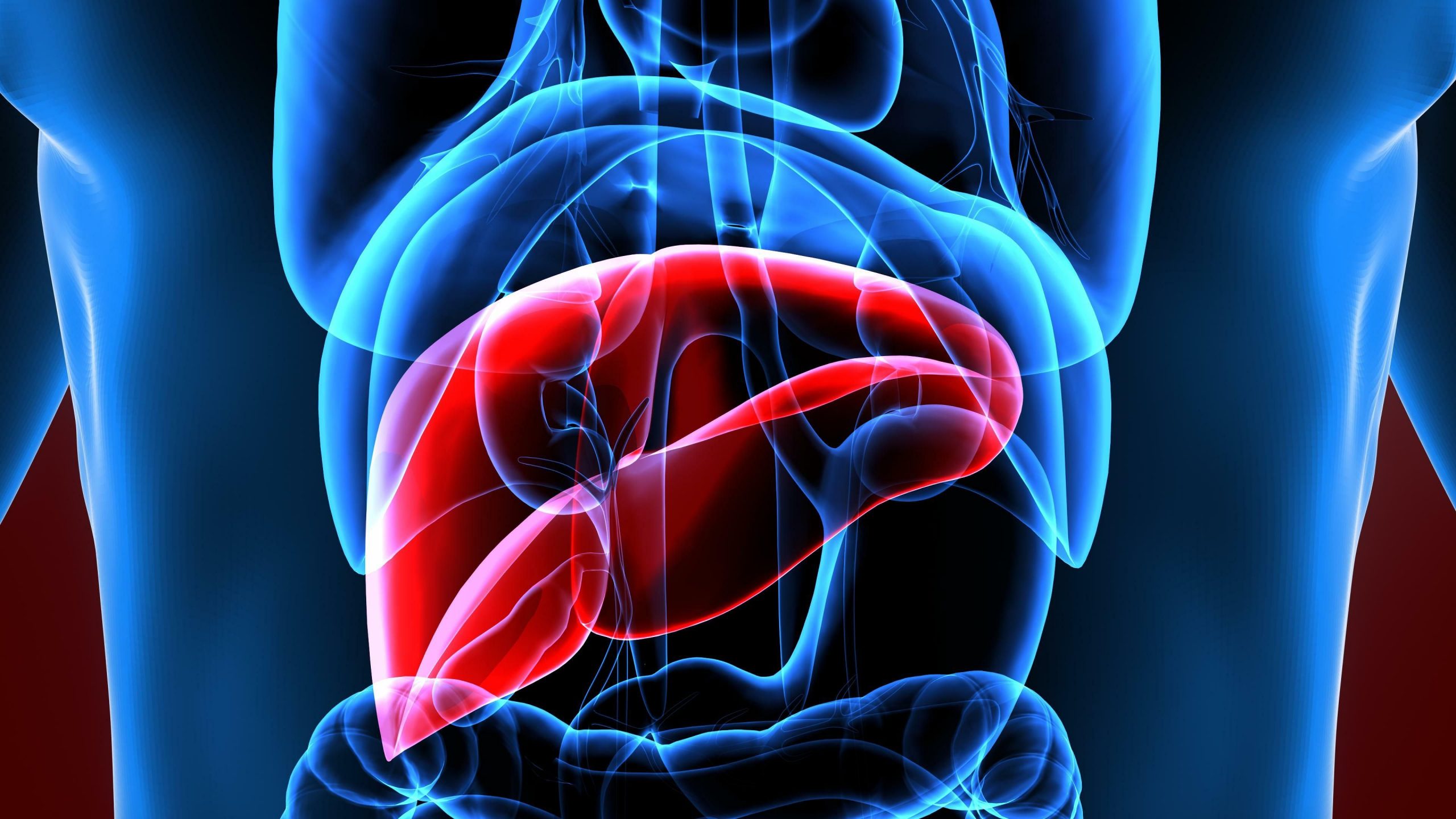
Quitting alcohol can help reduce complications of liver cirrhosis, even in patients who have advanced disease. It can also help them live longer, new research shows.
“Our results clearly show that all patients with alcohol-related liver cirrhosis who maintain sustained abstinence from alcohol not only suffer complications of liver cirrhosis significantly less frequently, but also live considerably longer — even in the case of pronounced portal hypertension,” study co-author Dr. Benedikt Hofer said in a news release from the Medical University of Vienna. Hofer is in the department of internal medicine, specializing in gastroenterology and hepatology.
Cirrhosis is significant scarring of the liver. It is one of the most frequent and severe complications of excessive drinking.
For the study, the Austrian research team analyzed the progression of 320 patients with alcohol-related liver cirrhosis over roughly three years. Three-quarters remained abstinent, while one quarter continued drinking.
The researchers investigated both alcohol abstinence and blood pressure in the veins that take blood from the gastrointestinal tract to the liver. This is called portal hypertension.
Alcohol consumption as well as portal hypertension are responsible for progression of liver disease.
The measurement of portal hypertension provides important information about prognosis in patients who have alcohol-related liver cirrhosis, whether or not they’re abstaining from alcohol, the study noted.
“Our new data provide important evidence for the daily counseling of our patients and show that it is never too late to strive for complete abstinence from alcohol,” said study leader Dr. Thomas Reiberger, an associate professor of hepatology at the university.
However, even patients who do stop drinking are at risk of developing complications, so they still need regular checkups, especially if their portal hypertension remains pronounced, the authors noted.
The study findings were published recently in the journal Clinical Gastroenterology and Hepatology.
More information
The U.S. National Library of Medicine has more on cirrhosis.
SOURCE: Medical University of Vienna, news release, Dec. 13, 2022
Source: HealthDay

Leave a Reply